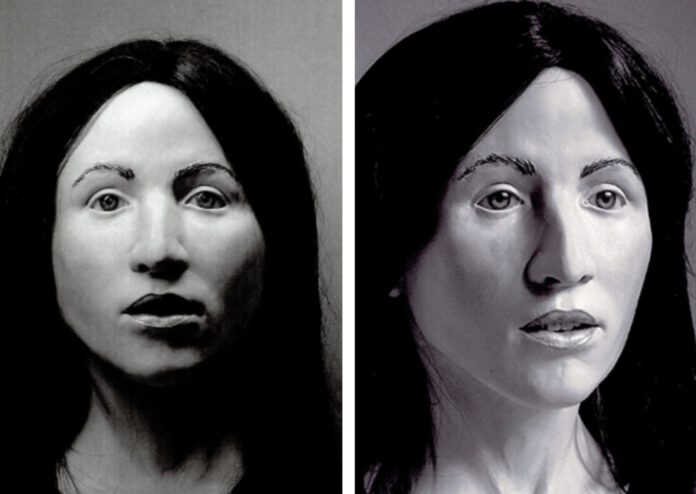In the context of the “Identify Me” campaign, the Dutch police have received 51 tips on the identity of the nine women whose bodies were found in the Netherlands.
As part of a collective effort, the Dutch, German, and Belgian police forces and Interpol released vital information on 22 murder cases last week.
Besides facial reconstructions, the forces made public photos of clothing and jewellery found at the crime scenes, as well as victims’ tattoos that may help identify them.
The cases in question happened between 1976 and 2019, and each involved the brutal murders of girls and women.
“A hopeful outcome”
Within just a week, the Dutch police received 51 helpful tips. As NU.nl reports, the tips include information such as the possible origin of clothing or jewellery of the victims, but also several possible names.
According to the police, this is all useful information.
The most tips came in about the case of the so-called “Heulmeisje,” who was found by hikers near Maarsbergen in 1976. She remains to this day, one of the most famous unsolved Dutch murder cases.
The Utrecht police received a total of 11 tips regarding the case.
Many tips in Germany and Belgium
The German police forces received a total of 122 tips, while 55 tips came in in Belgium.
Though the police in all three countries are hopeful about the outcome of the “Identify Me” campaign so far, they emphasise that new information is still desperately needed.
The police also emphasise that more investigations are needed before they can draw definite conclusions based on the new information. In the next step, the detectives in the three countries will carefully analyse the information received.
An international effort with international attention
The cooperation between Interpol and the Dutch, German and Belgian police forces has received worldwide attention.
The heartbreaking cases of the 22 unidentified women have been a topic of conversation in international media, and experts from around the world have been offering their help in solving them, Martin de Wit from the Dutch police tells NU.nl.
“The women in the campaign deserve to get their names back. And because of the information we receive now, there is some hope,” he says.
Stay up to date with all the news in the Netherlands by following DutchReview on Facebook.
